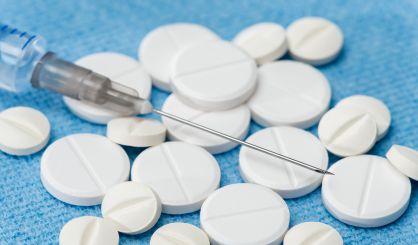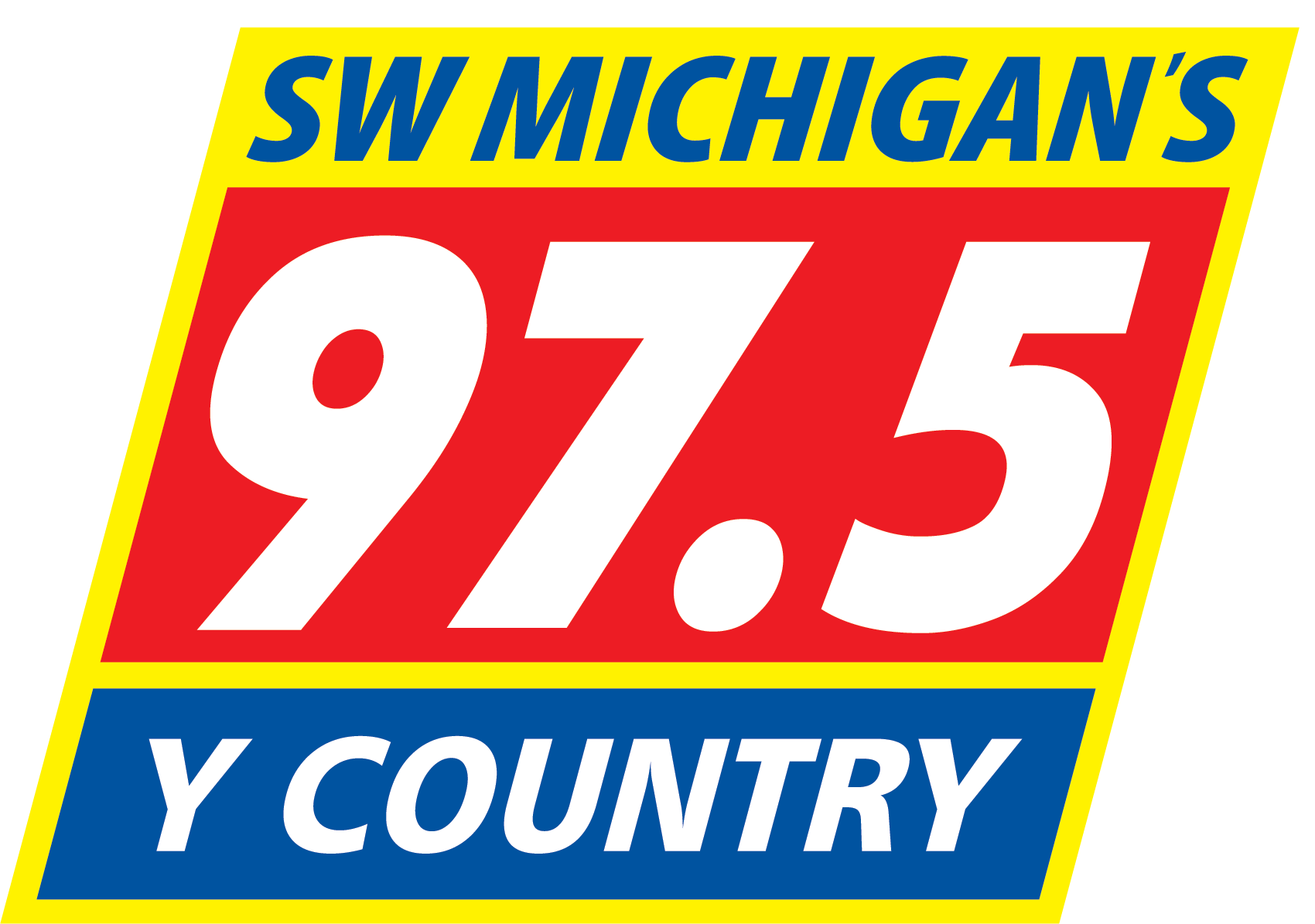
A new package of legislation has been introduced in the Michigan Legislature to fight the opioid epidemic. The Michigan Department of Health and Human Services has released the following:
A bi-partisan package of bills to combat the opioid epidemic in Michigan was announced today by Lt. Governor Garlin Gilchrist; Dr. Joneigh Khaldun, chief medical executive and chief deputy for health at the Michigan Department of Health and Human Services (MDHHS); Sen. Curt VanderWall (R-Ludington), Sen. Winnie Brinks (D-Grand Rapids), Rep. Mary Whiteford (R-Casco Township), Rep. Angela Witwer (D-Delta Township), the Michigan Health and Hospital Association and the Michigan Opioid Partnership (MOP).
The legislation will expand availability of treatment for opioid use disorder in emergency departments and access to naloxone, the life-saving drug that can reverse overdoses, to community-based organizations.
“This epidemic touches every area of our state and we are losing nearly five Michiganders every single day to opioid overdoses,” said Lieutenant Governor Gilchrist. “This legislation will help bring us closer to ending this epidemic by expanding access to treatment and to life-saving medications which can increase their chances of a successful recovery and prevent additional tragedies among our families.”
In 2018 and 2019, Michigan saw a moderate decline in the number of opioid-related overdoses. In 2019, total drug overdose deaths – which includes opioids and unspecified substances – decreased by 9.4 percent to 2,354 deaths and opioid-related deaths fell by 13.2 percent to 1,768 deaths.
In 2020, the challenges of the COVID-19 global pandemic, such as increased social isolation and decreased access to treatment services, exacerbated the already deadly drug overdose epidemic. Provisional 2020 data shows an increase in total drug overdose deaths in Michigan. Preliminary data for January-June 2020 show 1,340 overdose deaths – up from 1,155 in those same months in 2019, an increase of 16%. Similarly, opioid-related overdose deaths increased from 874 in the first half of 2019 to 1,045 in the same period in 2020, an increase of 20%.
Two bills will expand availability of medications for opioid use disorder (MOUD) in emergency departments and improve referral to treatment. Through this legislation, hospitals that treat over 50 overdoses a year will receiving funding to build capacity to offer MOUDs. The bills build on a foundation of existing work with the MOP to expand treatment in emergency departments since 2019. Currently, 19 hospitals across nine health systems are participating in this work.
“Michigan hospitals are committed to being part of the solution to the opioid epidemic that has impacted every community in Michigan,” said Brian Peters, Michigan Health & Hospital Association CEO. “These available resources for hospitals to provide MOUDs within their communities will help ensure patients receive the most appropriate care and treatment for their individual healthcare needs.”
“Thousands of Michigan families in nearly every community in our state have seen the devastating effects of opioid addiction and abuse. It’s a national and statewide fight that needs a comprehensive effort to win,” said Senator VanderWall. “This reform will ensure that our state and our health care providers are doing everything possible to save lives and also connect patients to effective treatment.”
“The opioid crisis has devastated communities and destroyed the lives of far too many all across our state,” said Representative Witwer. “These medications for opioid use disorder save lives. This past year has shown us what we can achieve if everyone comes together to fight a public health emergency. It’s time to use this same approach to combating the opioid crisis. Expanding access is one critical step to ending this epidemic.”
Additional legislation will expand Michigan’s naloxone standing order to allow community organizations to access the lifesaving overdose reversal drug naloxone. Currently, the standing order allows for naloxone to be dispensed from a pharmacist, similar to over-the-counter medications, and restricts community-based organizations from accessing naloxone. Since 2017, more than 20,000 doses of naloxone have been dispensed under the standing order.
“Having naloxone on hand can make the difference between someone living or dying from an overdose and getting it into the hands of people who are most likely to be able to save a life is important,” said Dr. Khaldun. “Naloxone saves thousands of lives each year by reversing the effects of an opioid overdose and this legislation will help prevent fatal overdoses by distributing naloxone more widely across our state.”
“The progress that we’ve seen fighting against the opioid epidemic has been impeded in part due to the immediate public health crisis in COVID-19. It’s important that we continue thinking of those suffering from substance use disorders (SUDs) and their loved ones as we come out of the pandemic,” said Senator Brinks. “I am proud to be part of this bipartisan group who are introducing legislation that continues Michigan’s fight against SUDs, as there is plenty of important work yet to do.”
“Families in Michigan continue to struggle with our opiate crisis,” said Representative Whiteford. “My hope is that these bills will move us closer to a state free from the suffering of addiction.”
For more information and resources, visit Michigan.gov/Opioids.






